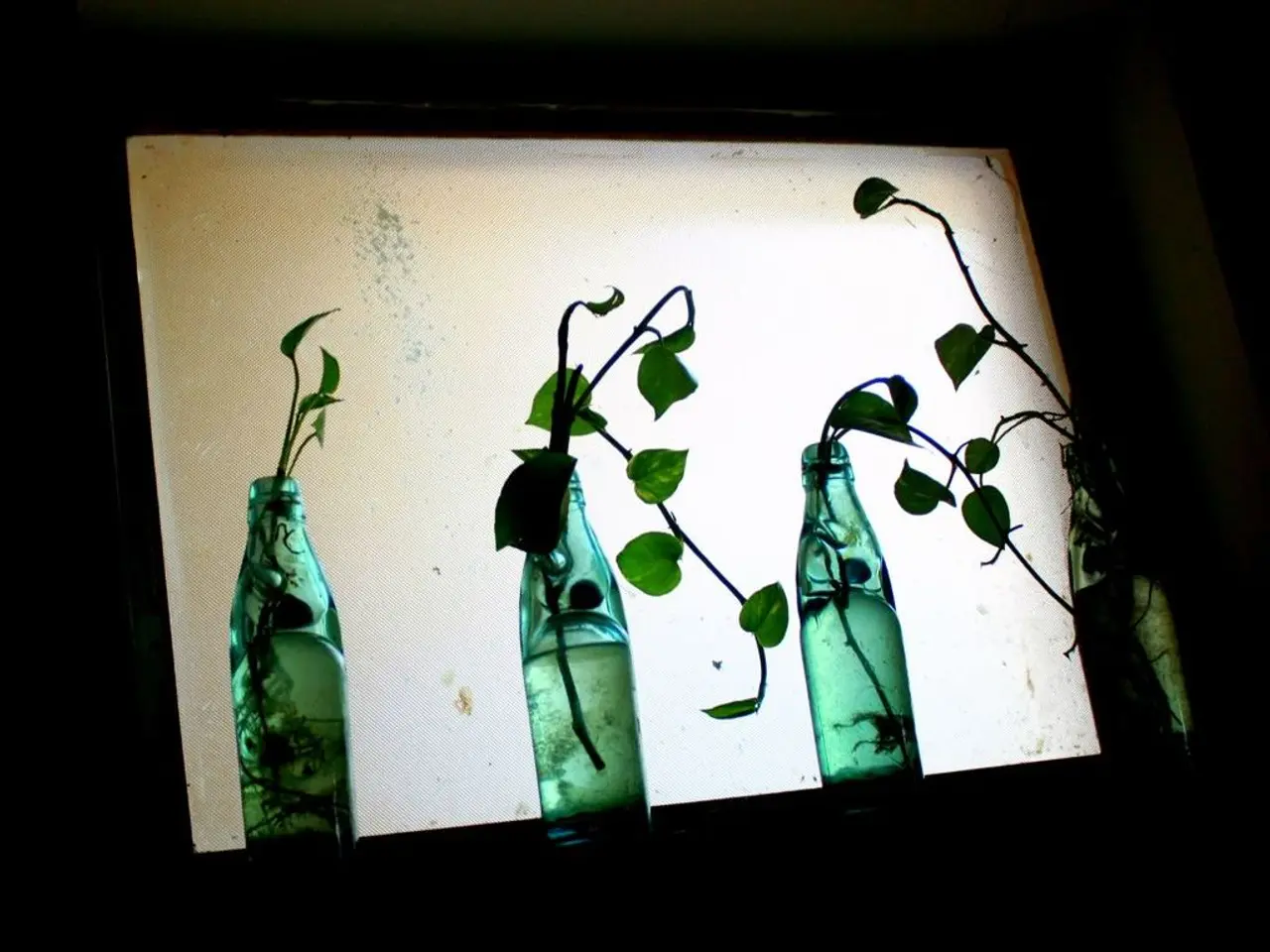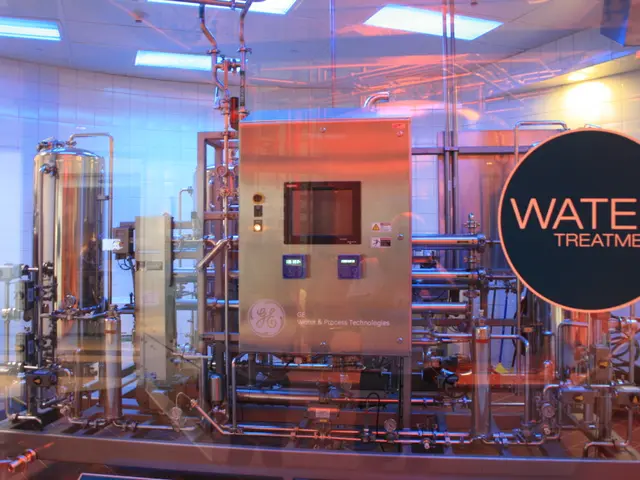New Michigan Catalyst Boosts Propylene Production Tenfold
Scientists at the University of Michigan have developed a progressive new chemical catalyst that significantly boosts the production of propylene, a crucial ingredient in the world's second-most used plastic, polypropylene. The research, backed by the U.S. Department of Energy, shows promising advancements in catalyst efficiency and longevity.
The innovative catalyst, still in the research phase, is composed of platinum and tin nanoparticles supported by a silica framework. This structure extends the catalyst's life by preventing a reaction that typically causes it to degrade. It efficiently produces propylene from propane through a process called non-oxidative dehydrogenation, without the need for additional hydrogen.
The catalyst's efficiency and lifespan are remarkable. It outperforms current commercial catalysts by at least tenfold in both aspects. The research was supported by the U.S. Department of Energy Rapid Manufacturing Institute and the U.S. Department of Energy Office of Basic Energy Sciences. However, a key challenge remaining for commercialization is finding a way to regenerate the catalyst after it becomes fouled by carbon.
The new catalyst, developed at the University of Michigan, holds great potential for enhancing propylene production. Its superior efficiency and longevity could significantly impact the polypropylene industry. Further research is needed to address the challenge of catalyst regeneration, paving the way for its commercial application.








